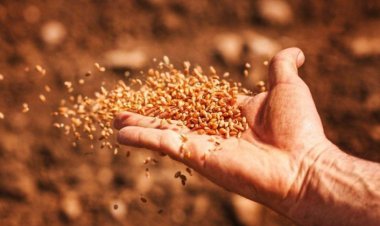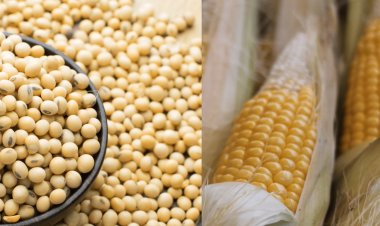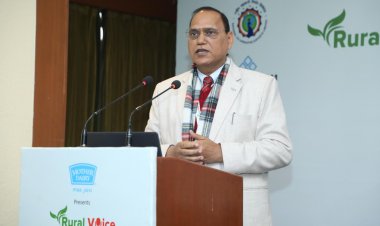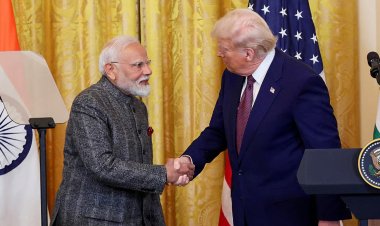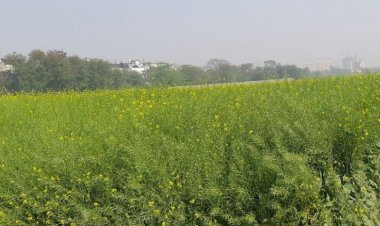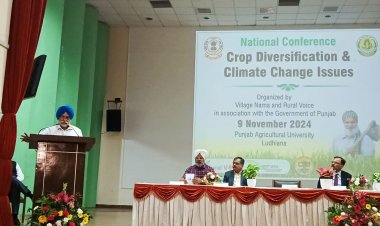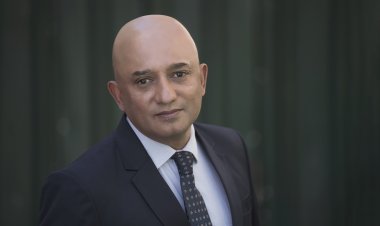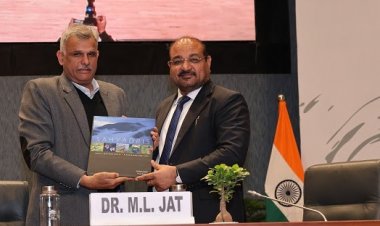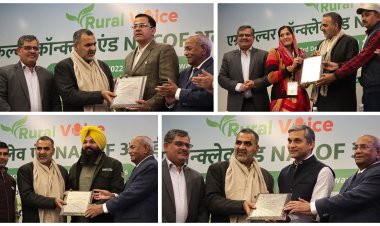Cooperation Minister Amit Shah on Friday said the contribution of agriculture and allied sectors to the country's GDP can be enhanced by strengthening marketing, for which farmer producer organisations (FPOs) are the key. At a conclave organsied by National Cooperative Development Council (NCDC) and Ministry of Coopertion here, the Minister said agriculture can become a profitable venture if modern technology and marketing methods are adopted. Primary Agricultural Credit Societies (PACS) and FPOs can help in this endeavour.
He urged both FPOs and PACS to operate in a "hybrid model" under which around 11,770 FPOs that have already been set up can link themselves with PACS through an agreement to provide services to cooperative members. Existing 65,000-odd PACS can begin operating as FPOs. Stressing the need to work in a hybrid model, Shah said: "GDP (Gross Domestic Produce) is very important for any country. If you increase GDP through manufacturing, the job creation will not be much. If you strengthen agriculture and allied sector through cooperatives, not only GDP but job opportunities will also increase."
Although agriculture and allied sectors are contributing about 17.5-18 per cent to the country's GDP, higher than other sectors, the situation of farmers is not as good as the people engaged in the services sector, he said. To improve the farmers' living conditions as good as those engaged in the service sector, "we need to accept FPOs," he said. FPO is an organisation of farmer producers that provides support to small farmers with end-to-end services covering almost all aspects of cultivation from inputs, technical services to processing and marketing.
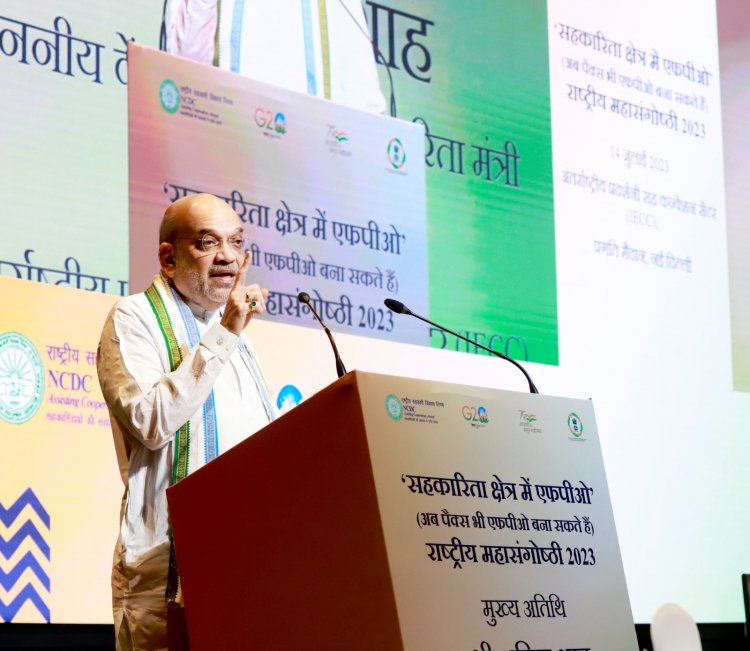
In addition to existing FPOs, the government has set a target to set up 10,000 FPOs by 2027-28 under the aegis of the agriculture ministry. Of which, the cooperative ministry has been given the mandate to set up 750 FPO and recently another 1,100 FPOs. Asserting that PACS and FPOs are a new beginning, Shah said it is necessary to adopt modern technologies and marketing tools in order to make farming profitable at a time when 85 per cent of the farmers are small and marginal with less than one hectare farm land.
He said a committee had suggested FPOs in 2003 during the Atal Bihari Vajpayee government but it was kept in cold storage. It was Prime Minister Narendra Modi who decided to promote FPOs to further boost the farm and allied sectors. "FPOs have benefitted a lot to the farmers. But in the cooperatives sector, FPOs and their benefits had reached a limited extent. Recently, a decision was taken to set up 1,100 FPOs through PACs," he said and urged PACS to take advantage of FPOs. If PACS are strengthened as FPOs, it will benefit the cooperative sector, he added.
The minister said there are several types of FPOs - the one run by individuals, partnerships, companies and now PACs. But FPOs formed by PACS are more capable to provide benefits to farmers as compared to FPOs set up by individuals, companies and partnerships. "PACS, FPOs and Self Help Groups" are the three organisations which will help in achieving agriculture growth and rural development in future, he added. According to Shah, currently, 11,770 FPOs are working in the country and lakhs of farmers are benefitting from them. "I want to urge those already set up 11,000-odd FPOs that you continue to operate as FPO but link yourself with one or two PACS and work in an hybrid model... Slowly start linking FPOs with PACS. If you do so, it will bring miracles in PACS," he said.
FPOs can have an agreement with PACS to provide services to farmers who are members of the cooperative, he added. PACS and FPOs through an agreement can share information, marketing and profit, he said and asked National Cooperative Development Council and officials of the cooperation ministry to finalise a draft agreement in this regard.
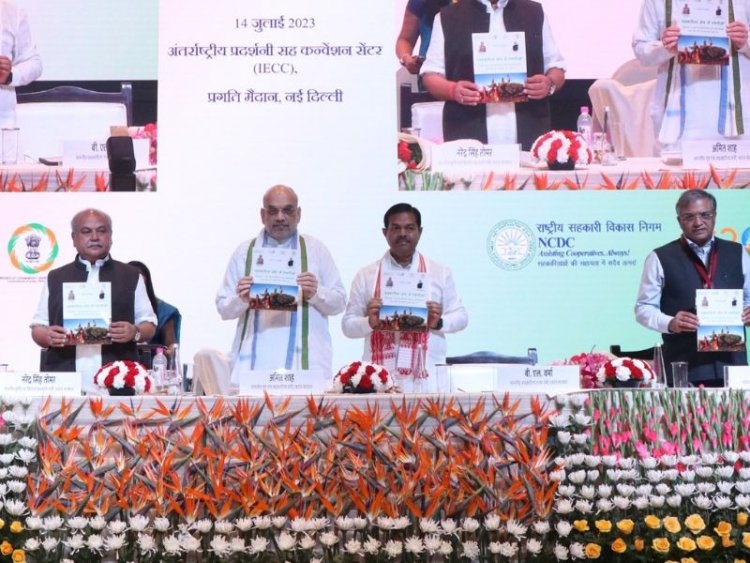




 Join the RuralVoice whatsapp group
Join the RuralVoice whatsapp group

















